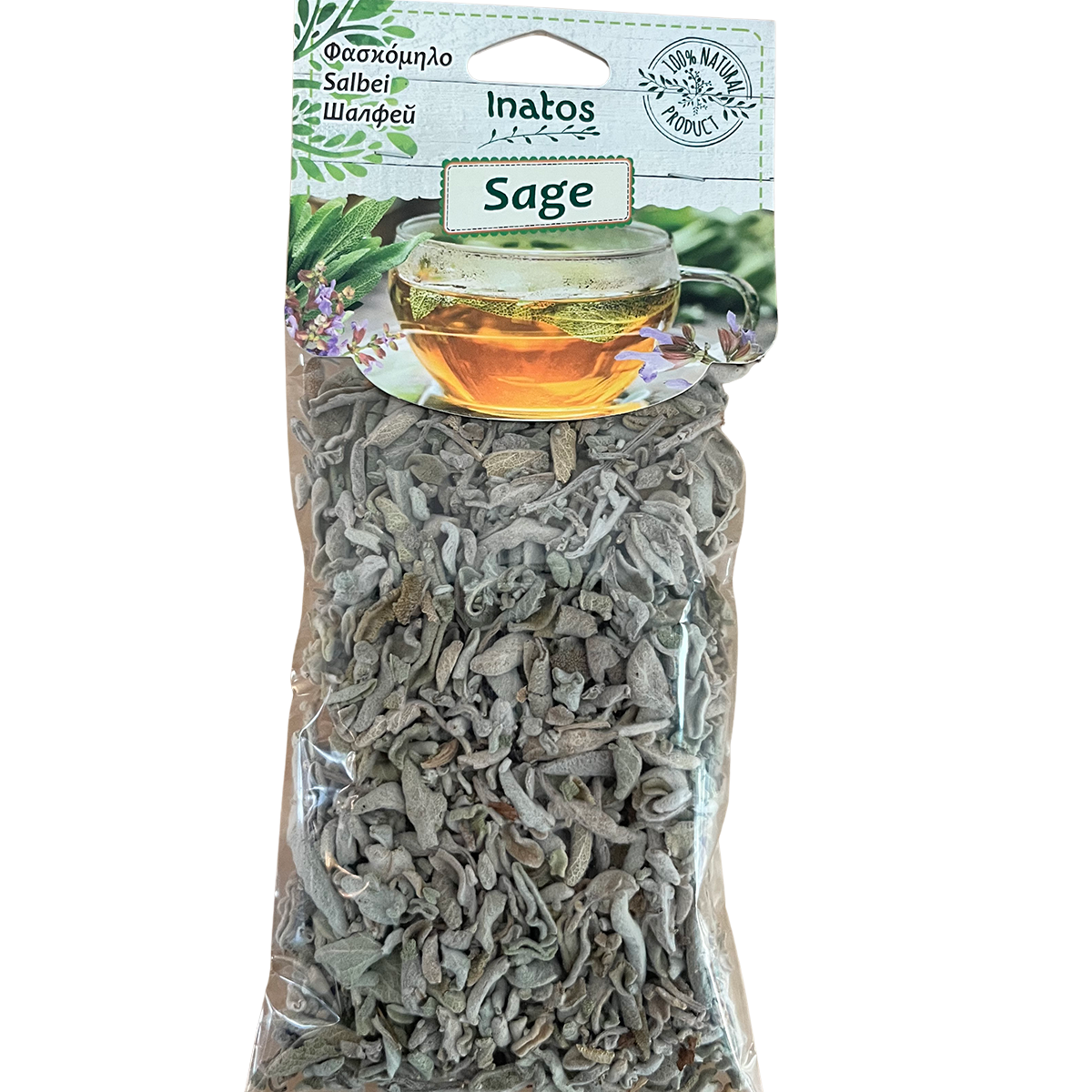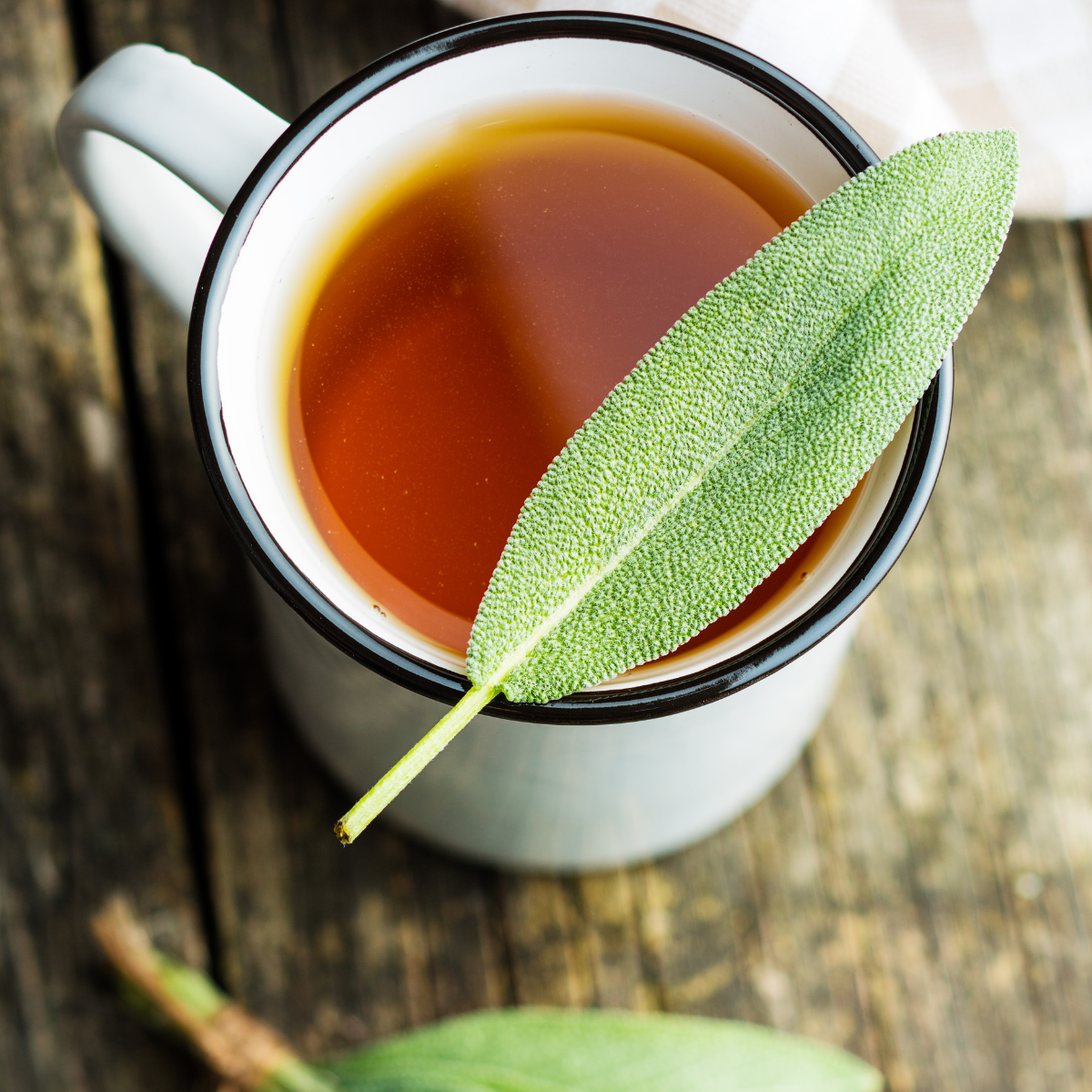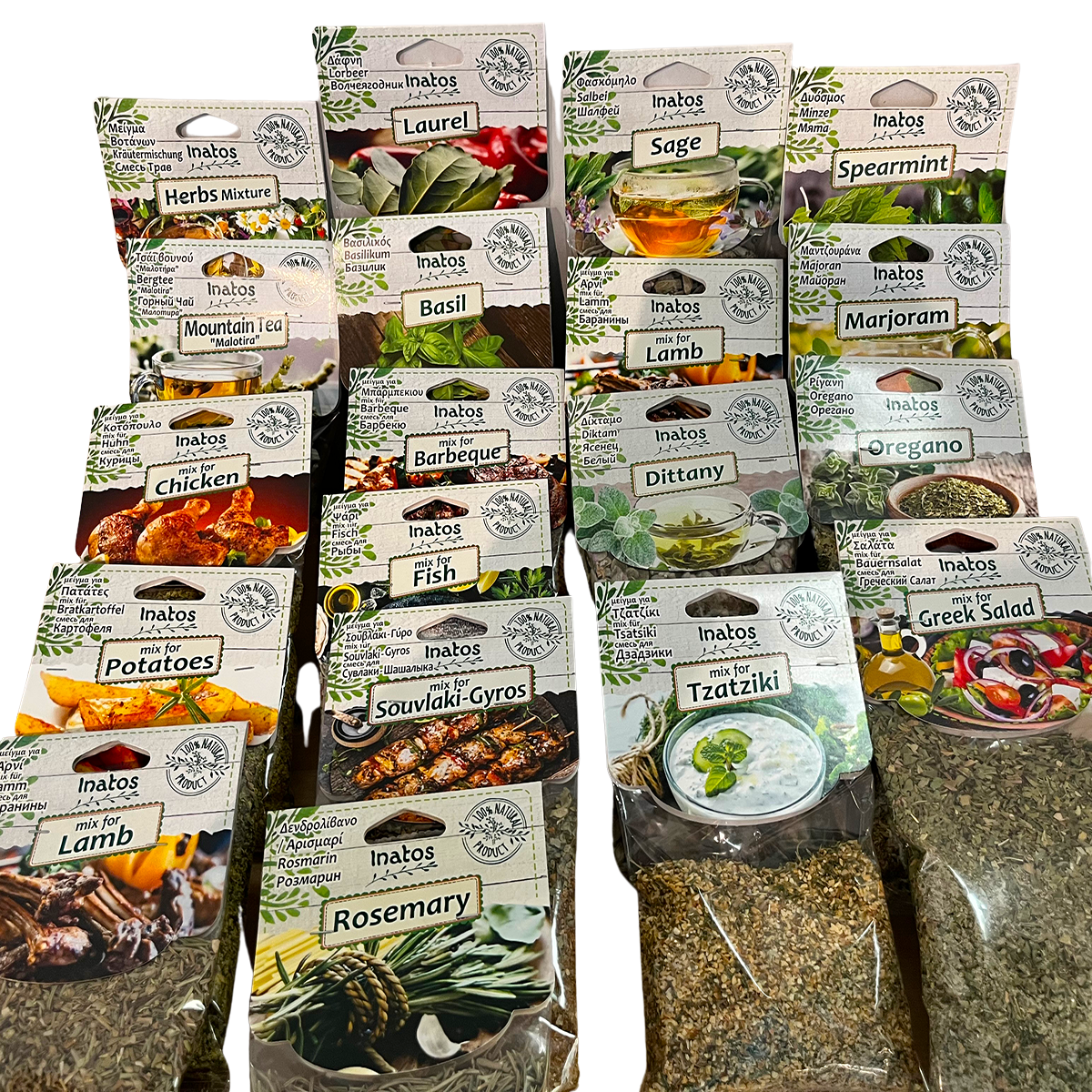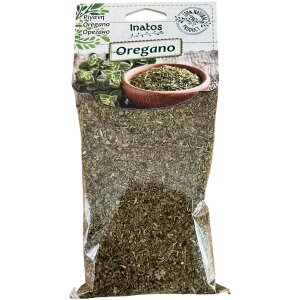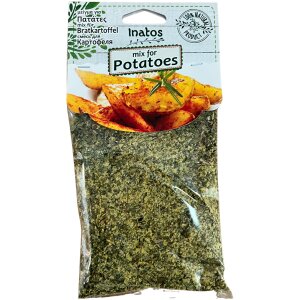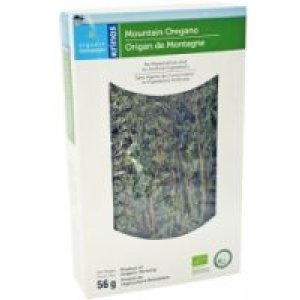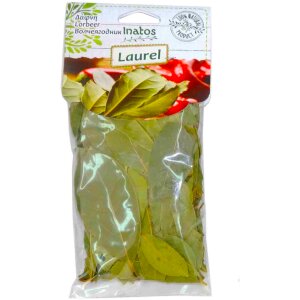Inatos Sage – 100% Natural
$3.30
Greek sage is a plant. The leaves are used to make medicinal tea. People take Greek sage tea for a sore (inflamed) mouth and throat.
Description
Inatos Sage
It has a long tradition of use in Greece, where it is valued for its beauty, medicinal value, and culinary use, along with its sweet nectar and pollen. Salvia fruticosa was depicted in a Minoan fresco circa 1400 BCE at Knossos on the island of Crete. The ancient Phoenicians and Greeks likely introduced the plant for cultivation to the Iberian peninsula, with remnant populations of these introduced plants still found in some coastal areas. Greek sage accounts for 50–95% of the dried sage sold in North America and is grown commercially for its essential oil.
Ingredients:
Sage
May contain traces of Celery and Mustard
Healing Benefits:
Sage can keep your skin healthy with its essential oils and vitamins. It has antibacterial properties that help prevent skin infections, and its antiseptic and anti-inflammatory properties help cure acne and relieve the symptoms of eczema and psoriasis. Sage also cures indigestion, is a great mouthwash, is an anti-hyperglycemic which help lower blood glucose levels. Sage has vitamin C, and is rich in calcium and potassium.
Size:
20 grams
Also Available at Parthenon Market, Deli, and Café
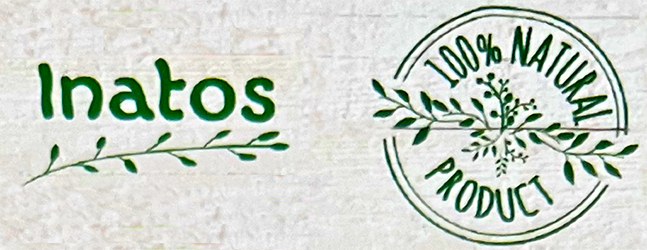
Inatos greek spices are 100% natural.
They are packaged in Crete, however, they are grown all over Greece.
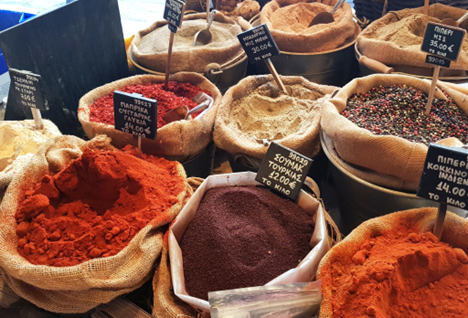

“Herbs were the main ingredient of Greek cooking all the way back to ancient times. Being a natural product of so much variety in the Greek countryside and taking advantage of the ideal climate, they gave the Ancient Greeks the ingredients to flavour their food, as well as the possibility to cure people of diseases. As far as their medical use is concerned, the physician Hippocrates was known for basing the Hippocratic elemental healing system on medicinal herbs, and this system is considered one of the cornerstones of later Western medicine. On the other hand, due to their abundance and simplicity, culinary herbs were widely grown and dried, and their combination with one of the crown jewels of Mediterranean cuisine, olive oil, was commonplace in the preparation of a meal. Sometimes, herbs were also used in some religious ceremonies during the time period.
Some of the main herbs used in Greek cuisine include oregano (known in the classical world for its association with Aphrodite and happiness, whereas today it is considered the king of Greek herbs), thyme, sage, parsley, dill, mint, spearmint, fennel, and many others.
Spices, on their part, were also the main ingredient of an ancient Greek meal, but it is true that the majority of spices used in Greek cookery today can be linked to the millennia of interaction Greece has had with other great civilizations, such as the Romans, the Persians, the Turks, the Arabs and a host of others from all over the world. Today, spices like garlic, onion, cinnamon, cumin, coriander, nutmeg, pepper, paprika, cloves, and sesame constitute an integral part of what makes Greek cuisine so aromatic. A special mention has to be made about greek saffron from Kozani and greek mastic from Chios, both of which have a P.D.O. Designation, are only grown in these specific regions and are regarded as number one worldwide.”
Read the full article by Anna Tzogia here: Aromatic herbs and spices of Greek cuisine!

